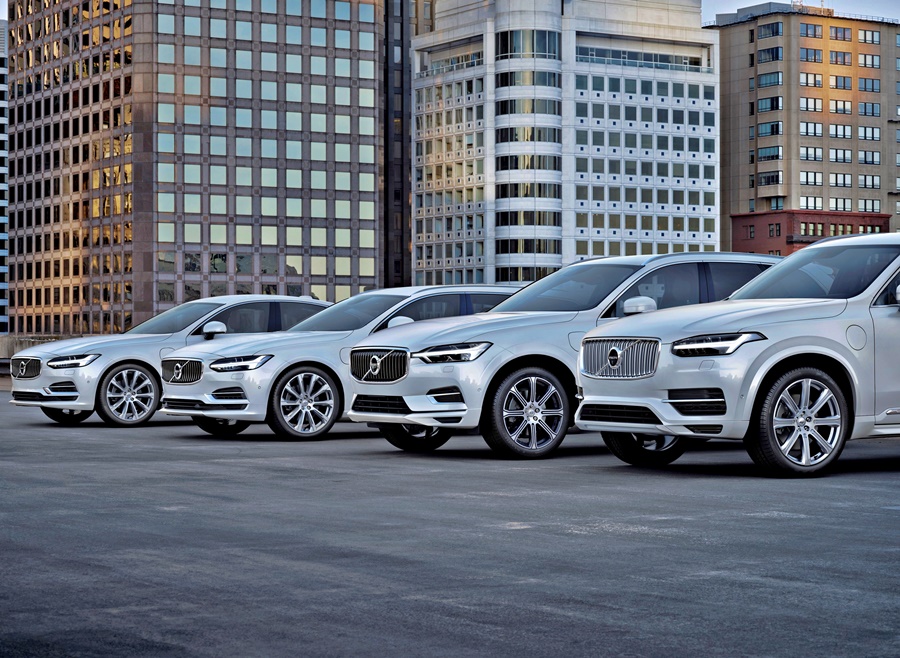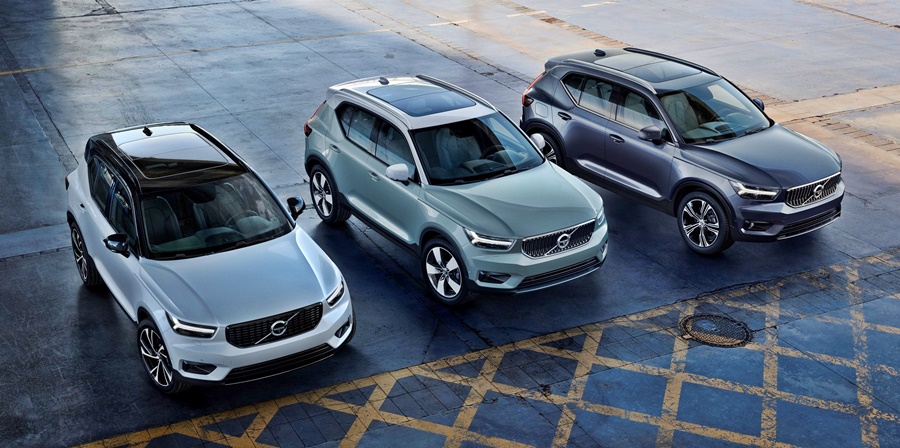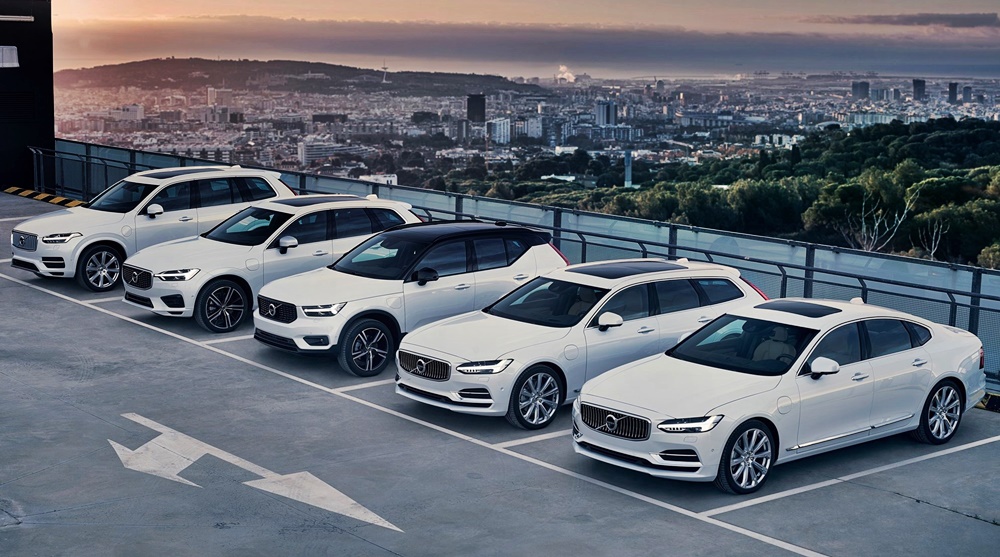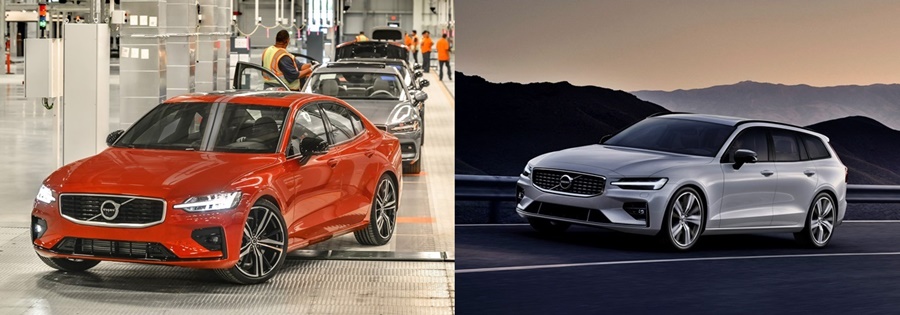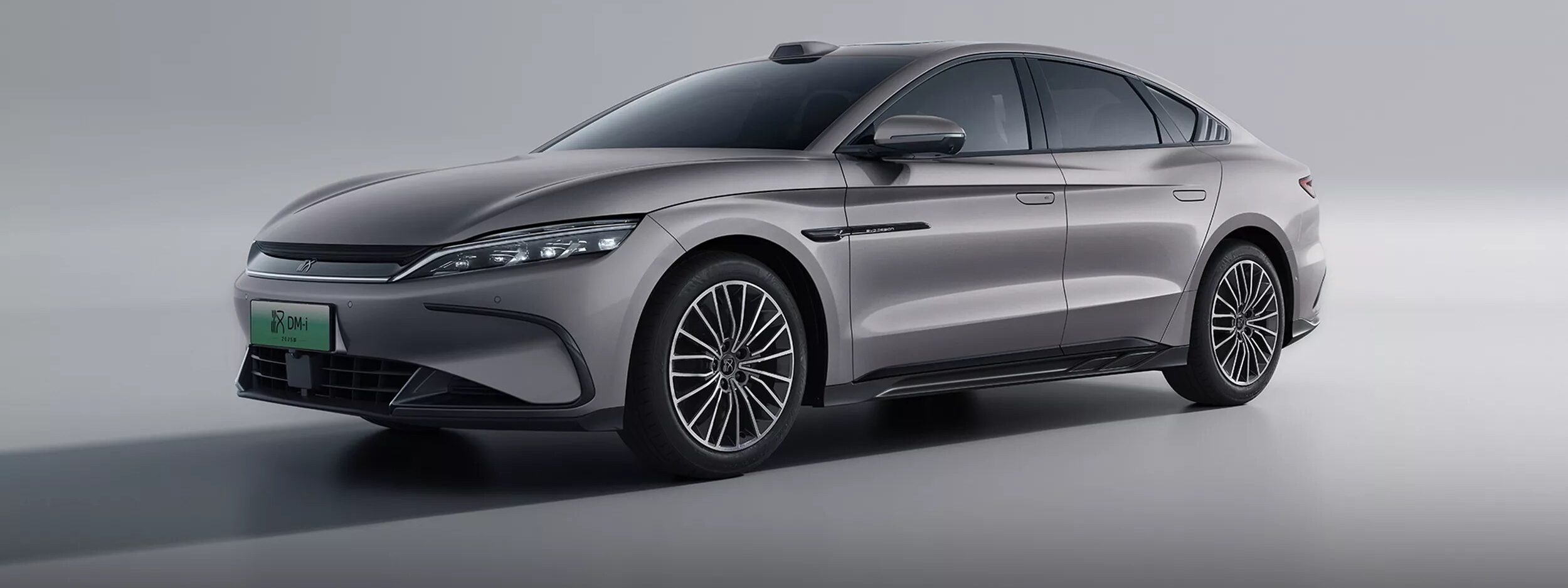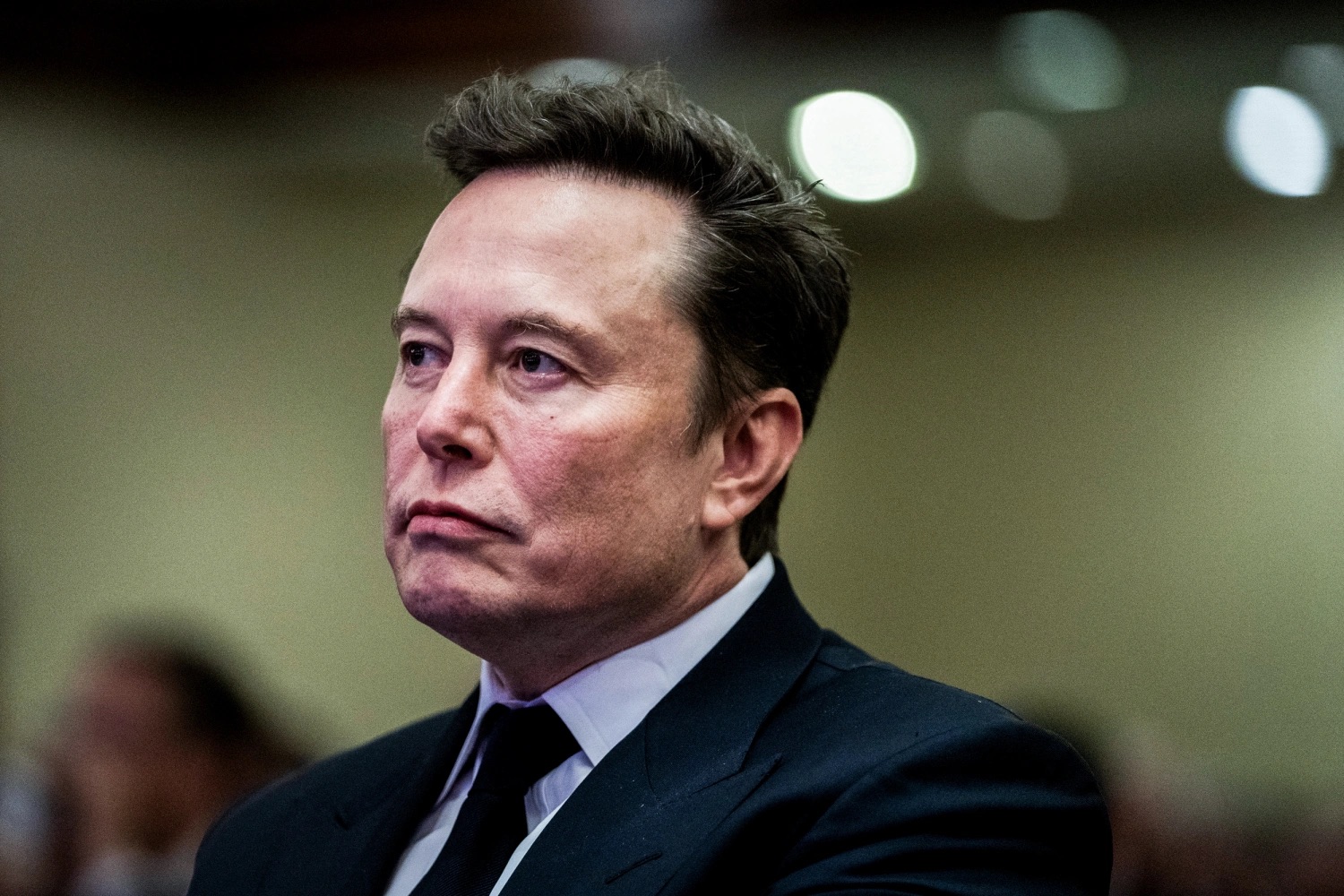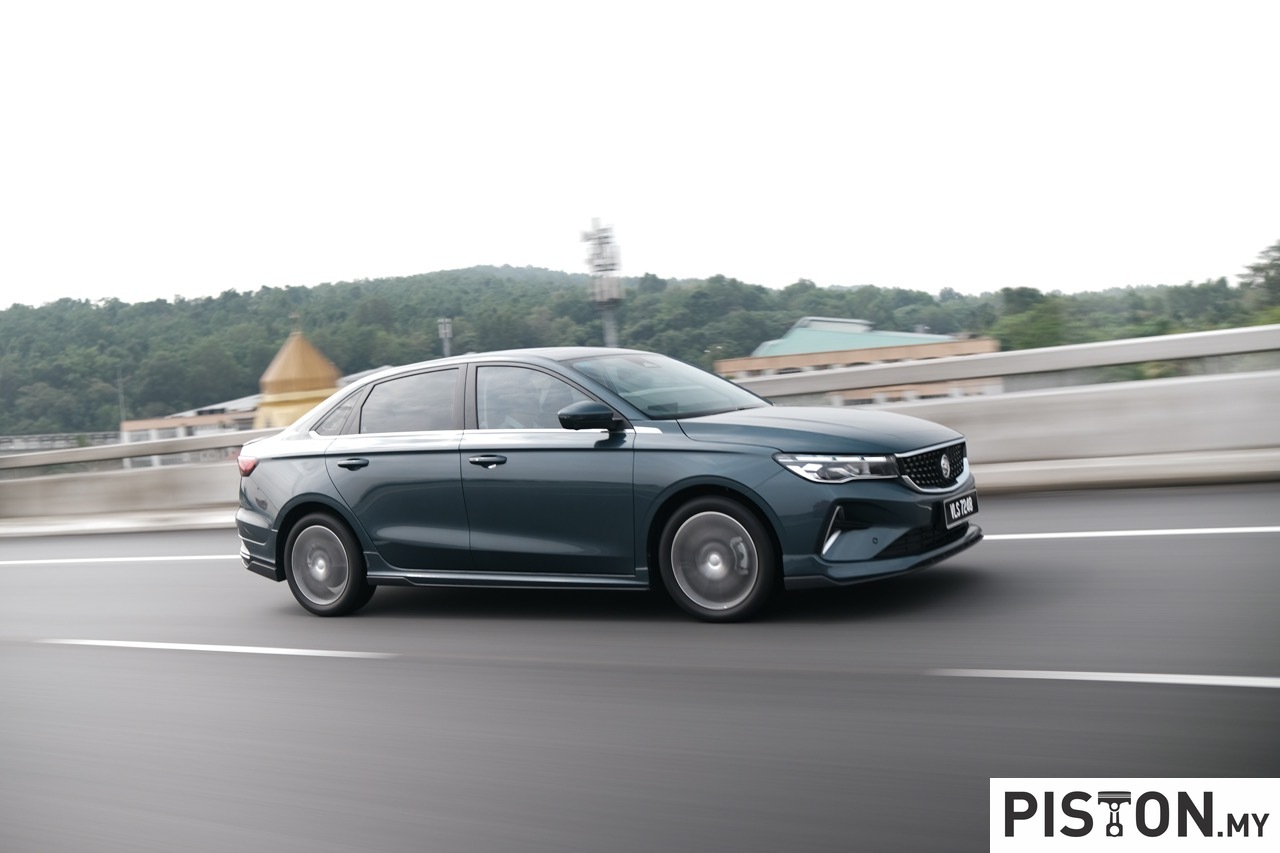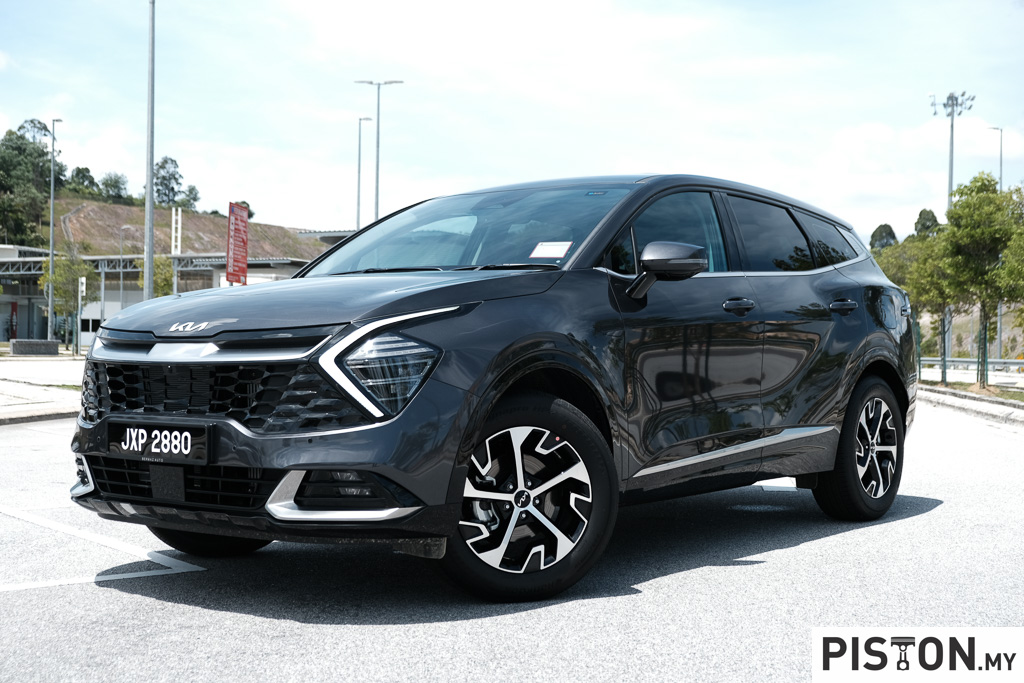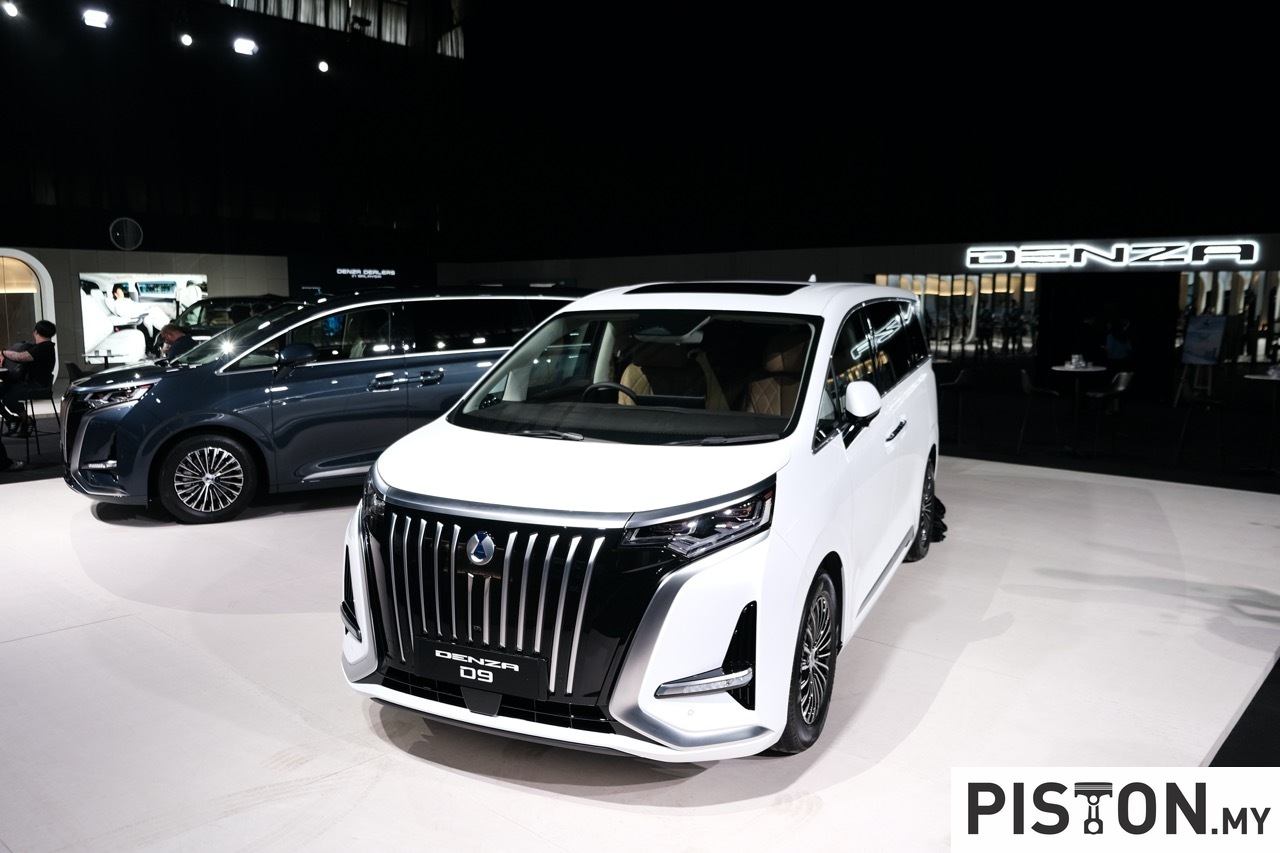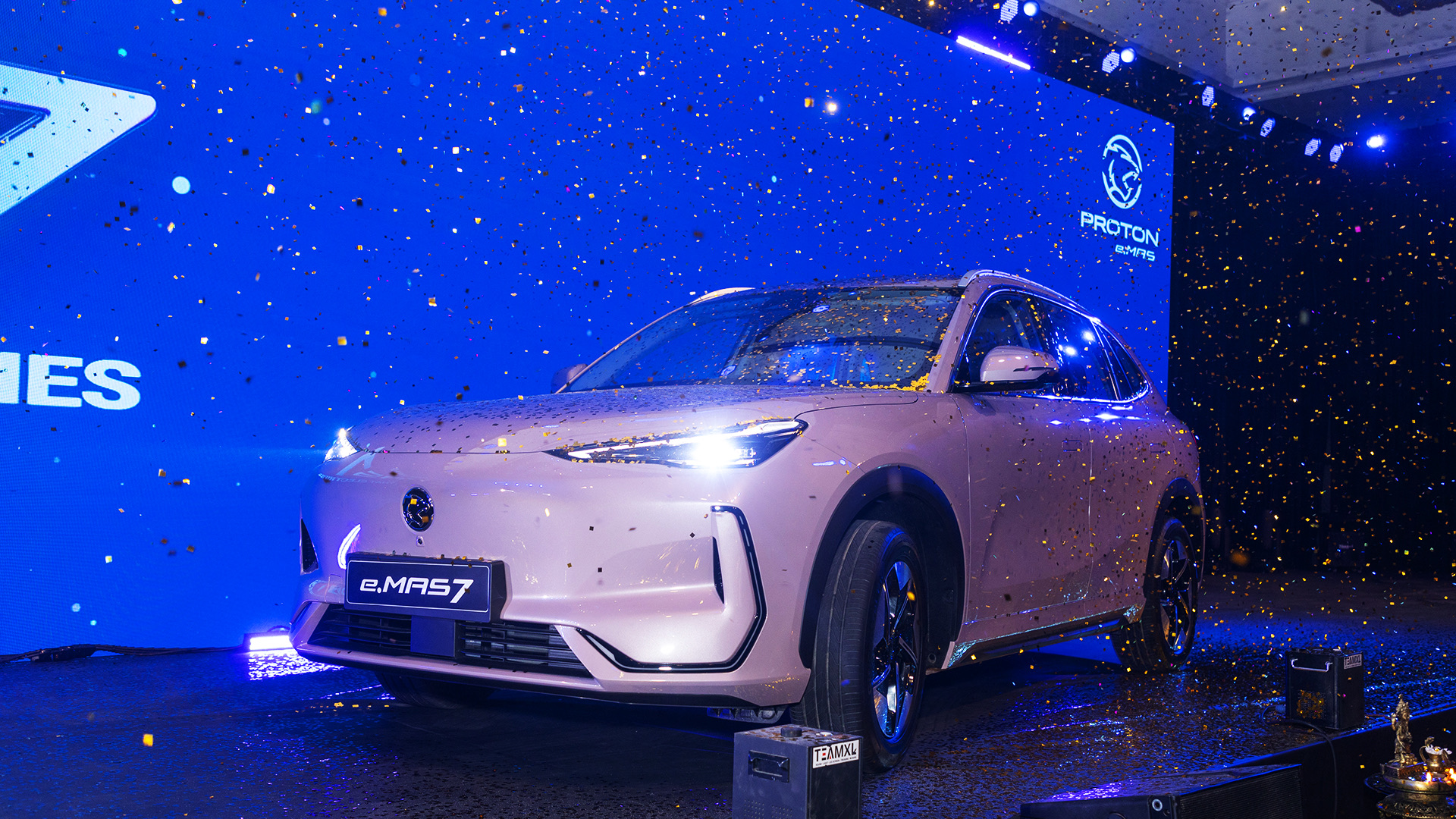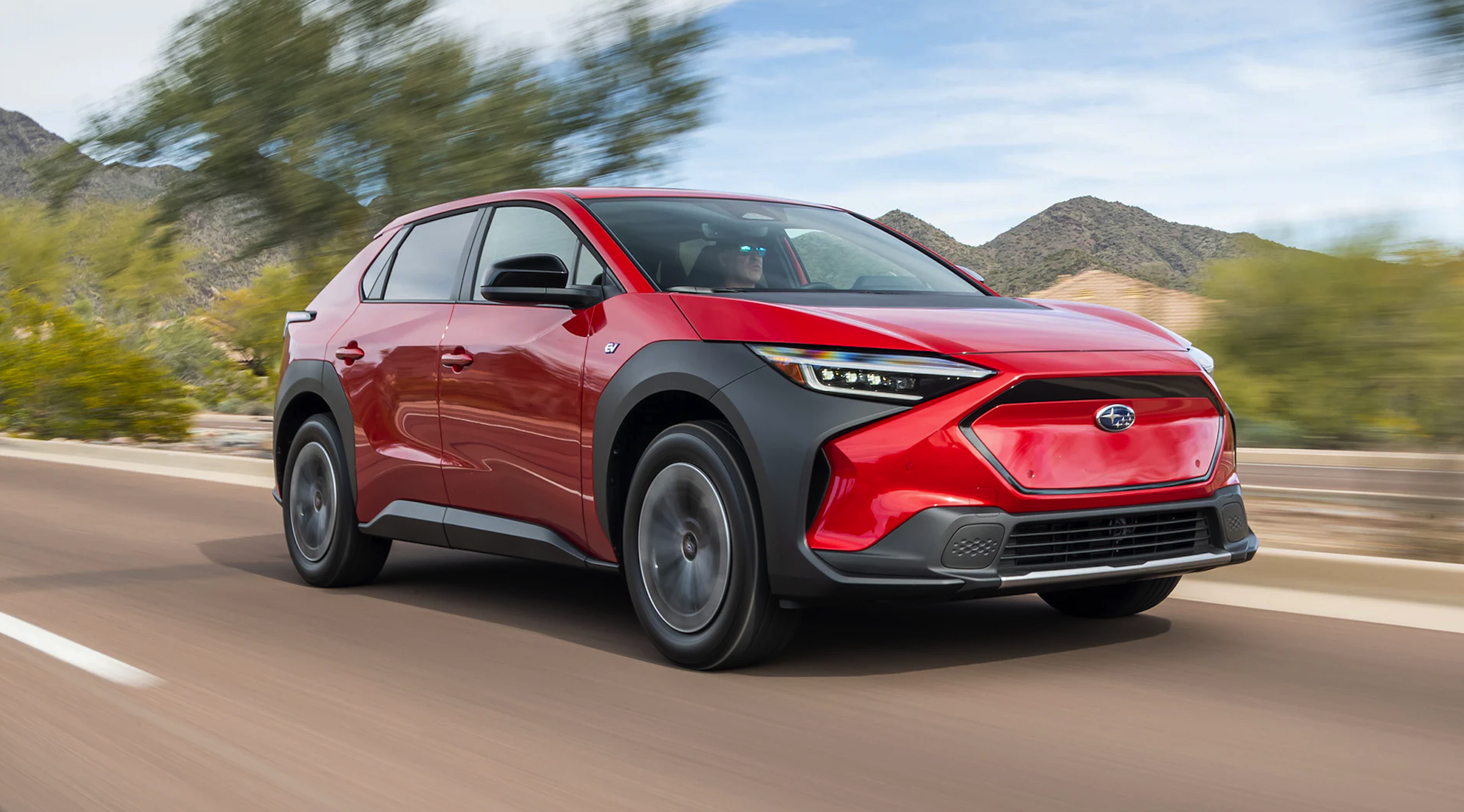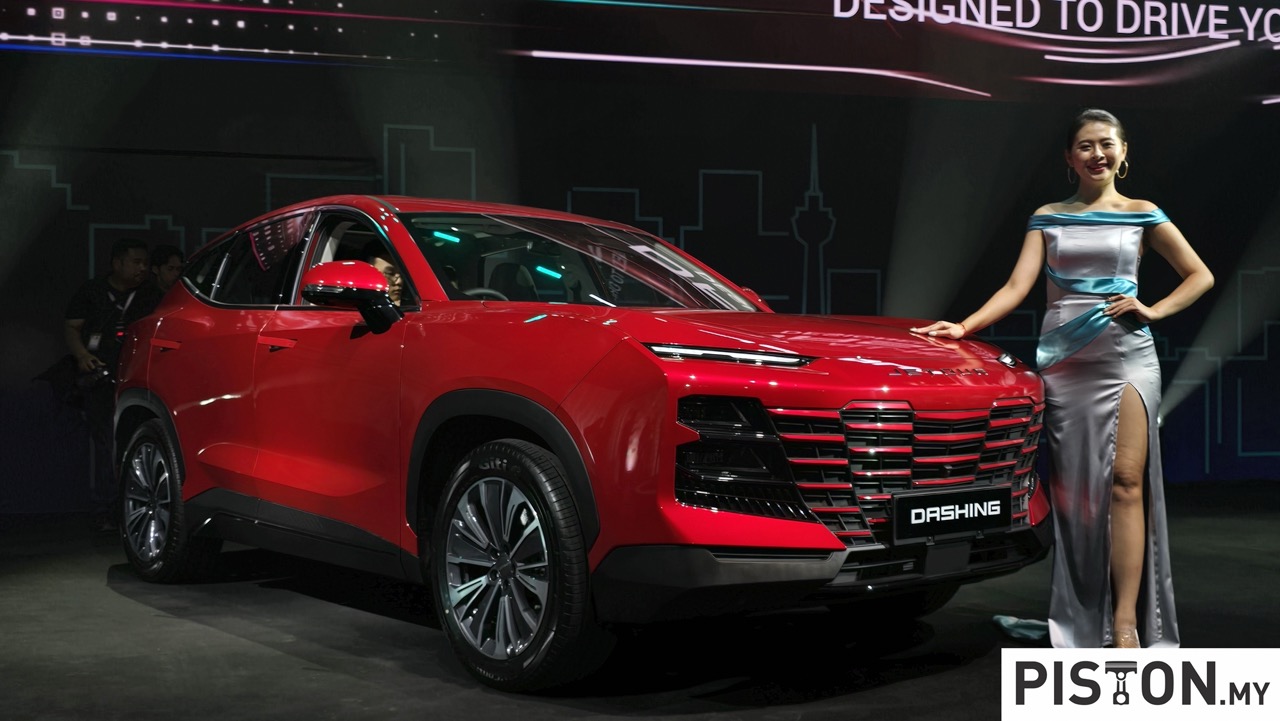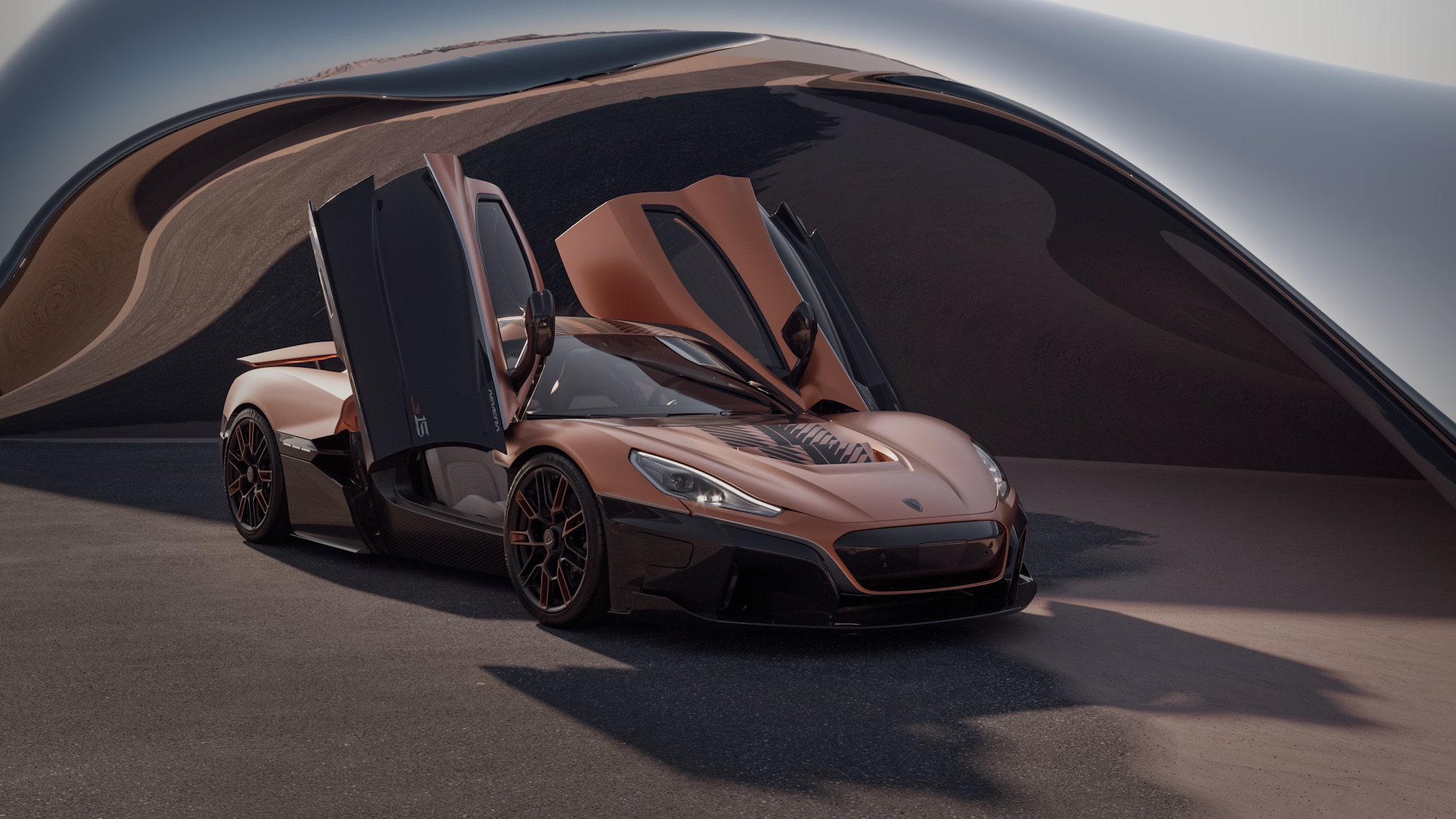Volvo Cars was rather late in adding a SUV to its range, with its first model – the XC90 – launched only in 2002. The reason given for the delay was that it wanted to offer a SUV only when it could address known safety issues (like the effect on a tall body on handling) and resolve them. It had a strong reputation for safety, on which the brand’s strength grew, and it was not going to lose that. The XC90 certainly proved to be a SUV with innovative safety features like Roll-Over Protection which worked to counteract the risk of tipping over during hard cornering.
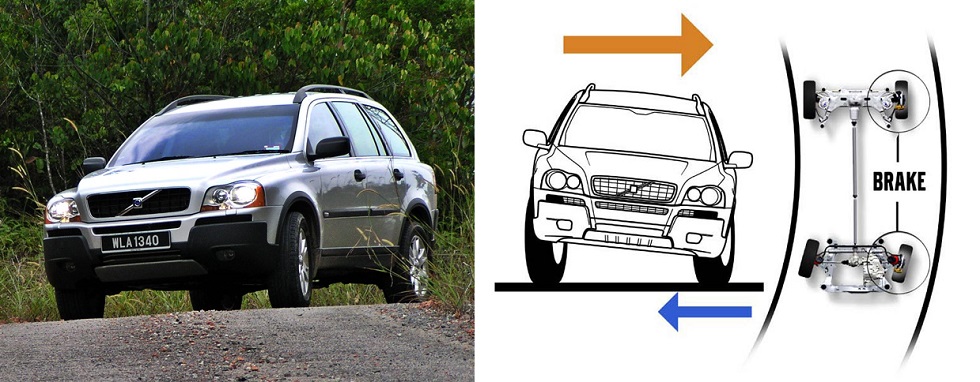
Like the other carmakers, Volvo Cars gave increasing attention to SUVs, expanding its range as the segment grew. 17 years later, its SUVs have helped the company gain market share in China, the USA and Europe amid stagnating car markets.
More significantly, in 2019, the Swedish carmaker set a new, sixth consecutive global sales record, breaking the 700,000-unit level for the first time in its 93-year history. 705,452 Volvo vehicles were delivered worldwide last year, an increase of 9.8% compared to 2018, solidly outgrowing the overall market across all regions.
During the past few years, Volvo has also been moving towards electrification of its range. It aims for plug-in hybrid models to make up 20% of total sales this year. Overall, Volvo sold 45,933 plug-in hybrid vehicles in 2019, an increase of 22.9% compared to 2018 and more than double the number in 2017.
Illustrating the strength of its portfolio and its sales performance in 2019, Volvo surpassed the previous full-year sales record of 642,253 cars, set in 2018, nearly a full month before the end of the year. December was the company’s best ever sales month, with a 23.4% year-on-year increase to 74,239 cars sold.
Sales by markets
In China, home of Volvo’s parent company, the brand sold 154,961 cars in 2019, an increase of 18.7% compared to 2018 and comfortably outperforming the overall market. The result was an all-time record for Volvo in China and the highest sales number it has ever reached in a single market.

In the USA, a market that has usually been Volvo’s strongest customer, the 100,000-unit threshold was crossed for the first time since 2007 when 108,234 vehicles were registered by December 31. Compared to 2018, the sales increase was 10.1%.
European sales were particularly strong in Germany, where the company sold more than 50,000 vehicles for the first time in its history, while it achieved its best sales result since 1990 in the UK. Other markets that recorded their best ever sales performance in the company’s history included Australia, Belgium, Brazil, the Czech Republic, Hungary, Korea, Poland and Portugal.
Sales by models
The XC60 SUV continued to be the best-selling model for the company globally, followed by the XC40 and XC90 SUVs. Sedans and stationwagons remained popular, adding to volume growth in China and Europe, respectively.
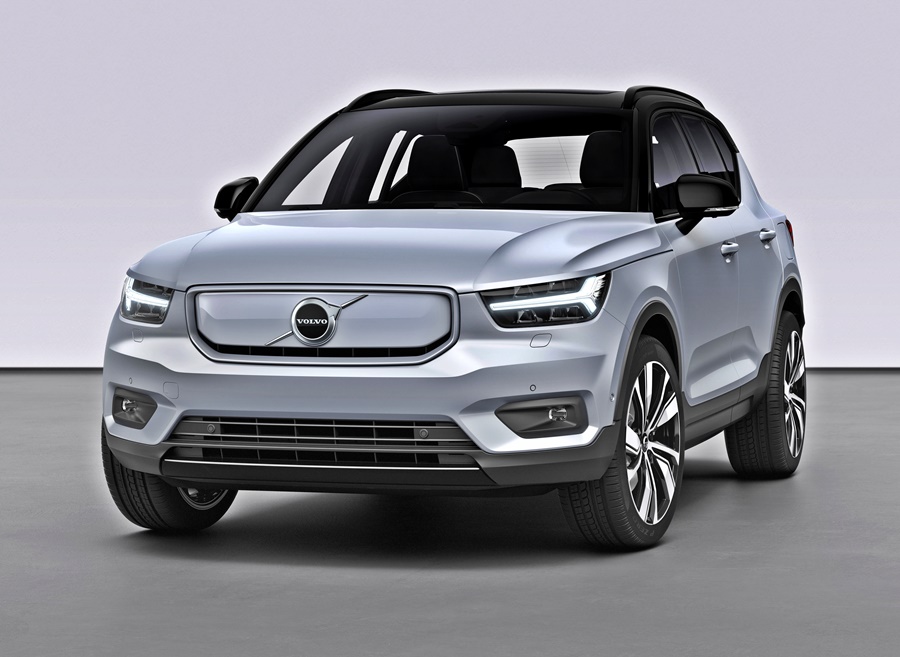
The company will introduce its Recharge line-up in markets around the globe. Recharge will be the umbrella name for all chargeable Volvos with a fully electric and plug-in hybrid powertrain. The Recharge car line aims to further boost sales of Volvo Cars’ chargeable cars and encourage plug-in hybrid drivers via incentives to use Pure mode as much as possible.
Every Volvo model already includes a Recharge option, from the XC40 SUV via the 60-Series cars to the large XC90 SUV flagship. Volvo is the only carmaker to offer a plug-in variant on every model in its line-up, with a fully-electric model – the XC40 Recharge P8 – to appear in showrooms in due course.
Volvo Cars and Geely to merge engine operations to create stand-alone business




